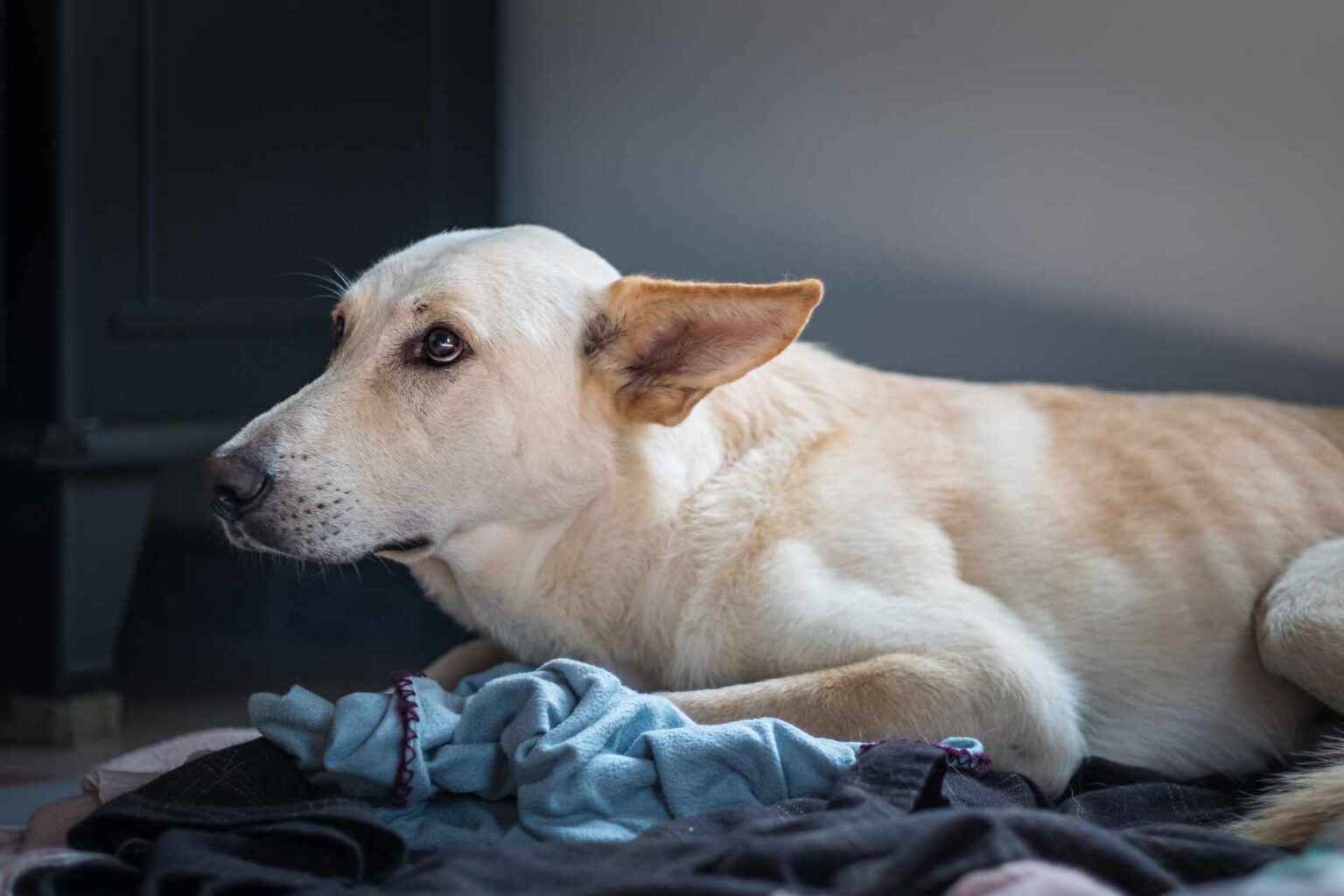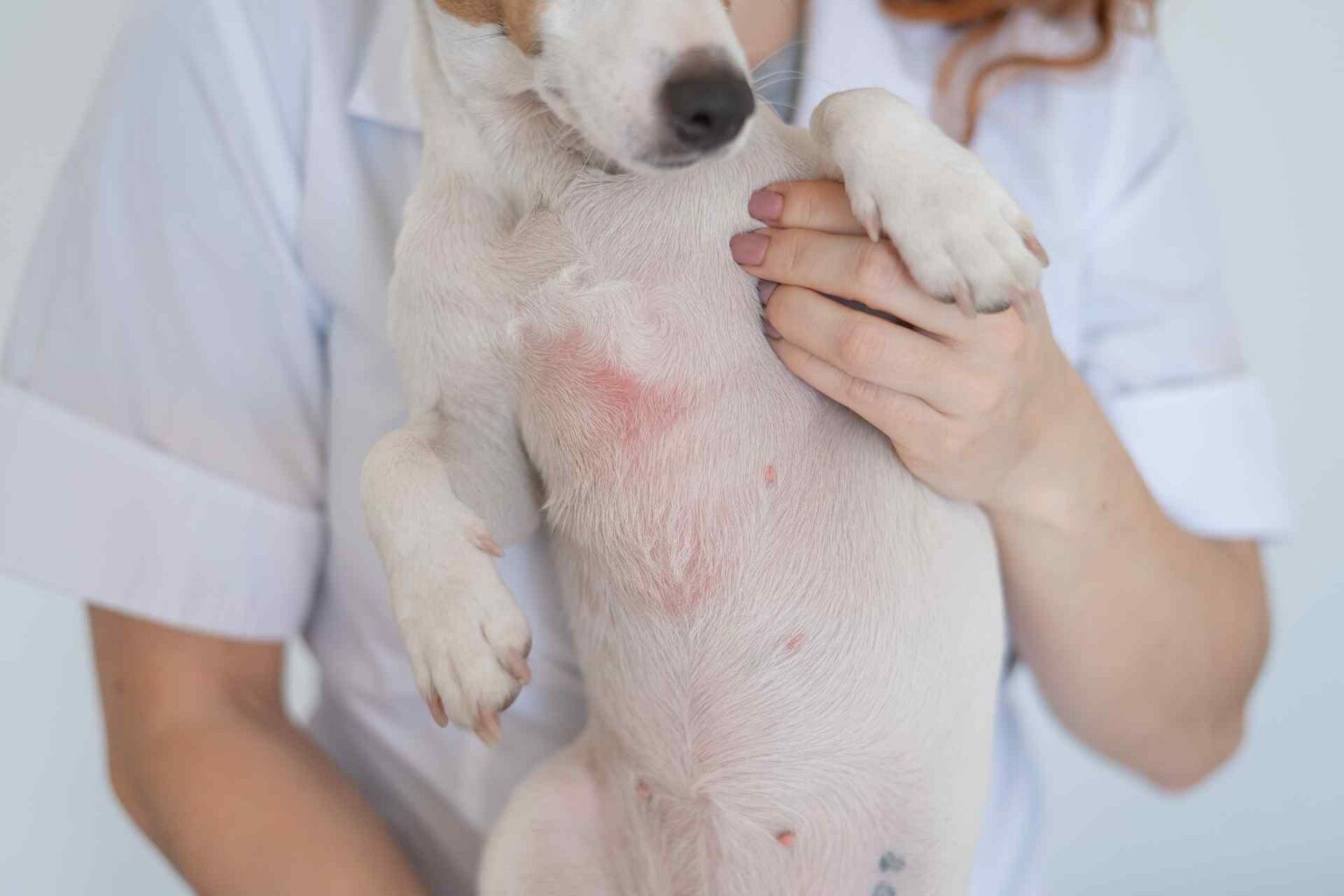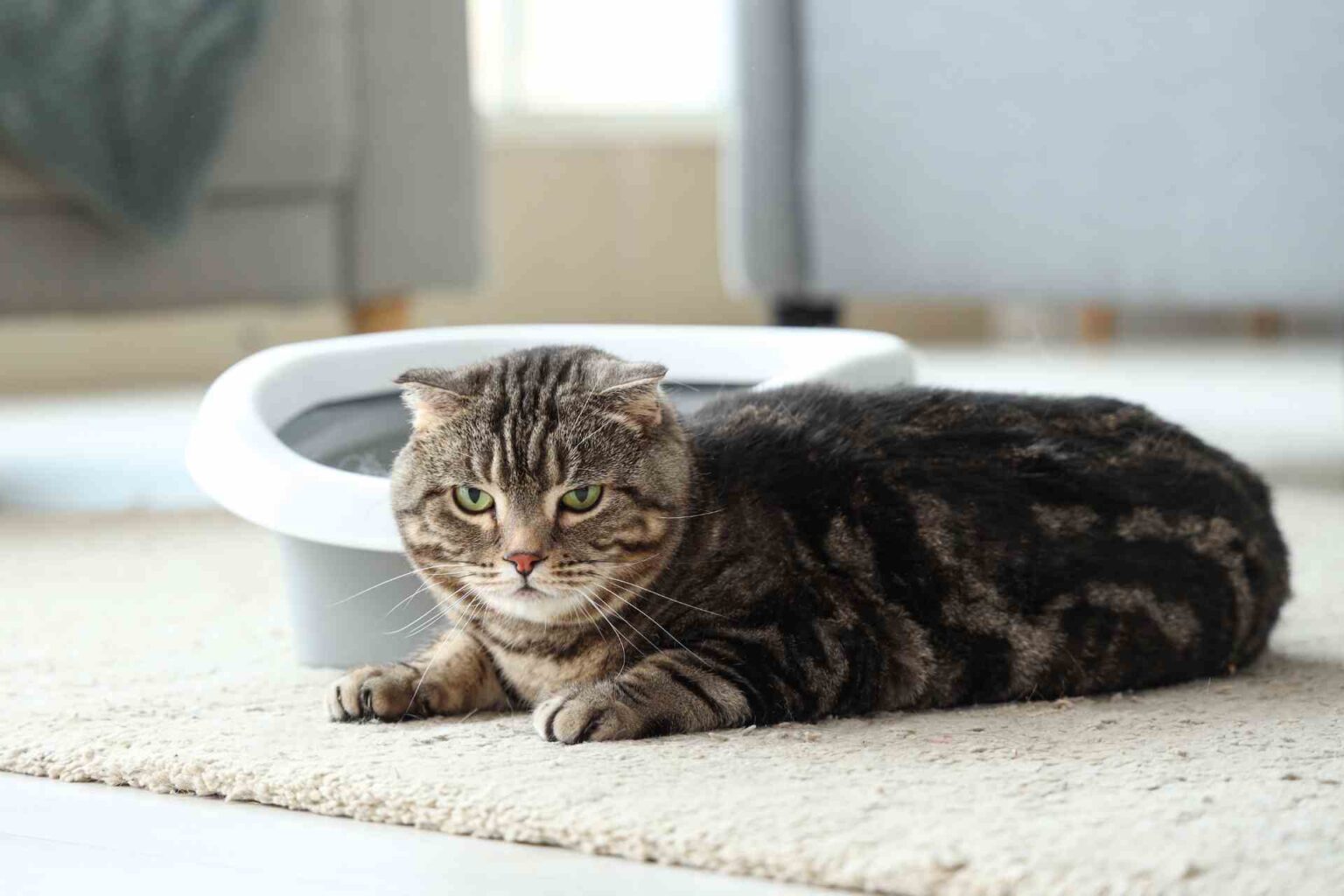As anticipated in thearticle published on the dog also with regard to the cat, a scientific opinion on the efficacy of a product consisting of Limosilactobacillus reuteri(formerly Lactobacillus reuteri) DSM 32264 as a zootechnical additive for cats was published in 2022 by Efsa.
Regulation (EC) No. 1831/2003 sets out the rules governing the Community authorization of additives for use in animal nutrition, and in particular, Article 9 defines the terms of authorization by the committee formed by a panel of scientific experts on additives and products or substances used in animal feed of the European Food Safety Authority (“EFSA”).
Applicant NBF Lanes s.r.l. is seeking community authorization of Lactobacillus reuteri DSM 32264 as a feed additive for use as a stabilizer of intestinal flora in cats.
The studies were conducted on adult cats of both sexes and of different breeds (Chartreux, Persian, and Scottish Fold) and body weights (BW) fed a once-daily extruded dry commercial food based on their maintenance energy requirements. The cats were visited daily by a veterinarian.
Before the start of the study, cats were acclimatized in individual housing for 14 days during which they received unsupplemented feed. At the beginning of the study, cats were randomly assigned to the two dietary treatments: control and L. reuteri DSM 32264 at 1 x1010 CFU/kg feed.
Body weight and body condition score (BCS) were recorded at days 0, 7, 14, 21, 28 and 35. On the same days, stool samples were collected and moisture content (FM) and consistency (FS, faecal score) were evaluated. In addition, microbiological analyses were carried out (enumeration of lactobacilli and Escherichia coli or coliform) on samples collected at days 0, 7, 21 and 35.
The additive consisting of L. reuteri DSM 32264 has the potential to improve fecal consistency by reducing the moisture content of the feces of cats receiving it. Regarding fecal microbiological analysis, in all studies at the end of the experimental period, lactobacillus counts were higher and E. coli counts were lower in samples from animals receiving the additive than in those from control animals.
Reference
EFSA FEEDAP Panel (EFSA Panel on Additives and Products or Substances used in Animal Feed), Bampidis V, Azimonti G, Bastos ML, Christensen H, Dusemund B, Fasmon Durjava M, Kouba M, Lopez-Alonso M, Lopez Puente S, Marcon F, Mayo B, Pechova A, Petkova M, Ramos F, Sanz Y, Villa RE, Woutersen R, Martelli G, Anguita M, Galobart J, Ortuno J, Revez J and Brozzi R, 2022. ~ Scientific Opinion on the safety and efficacy of a feed additive consisting of Limosilactobacillus reuteri (formerly Lactobacillus reuteri) DSM 32264 as a feed additive for cats (NBF Lanes s.r.l.). EFSA Journal 2022;20(8):7437, 7 pp. https://doi.org/10.2903/j.efsa.2022.7437











